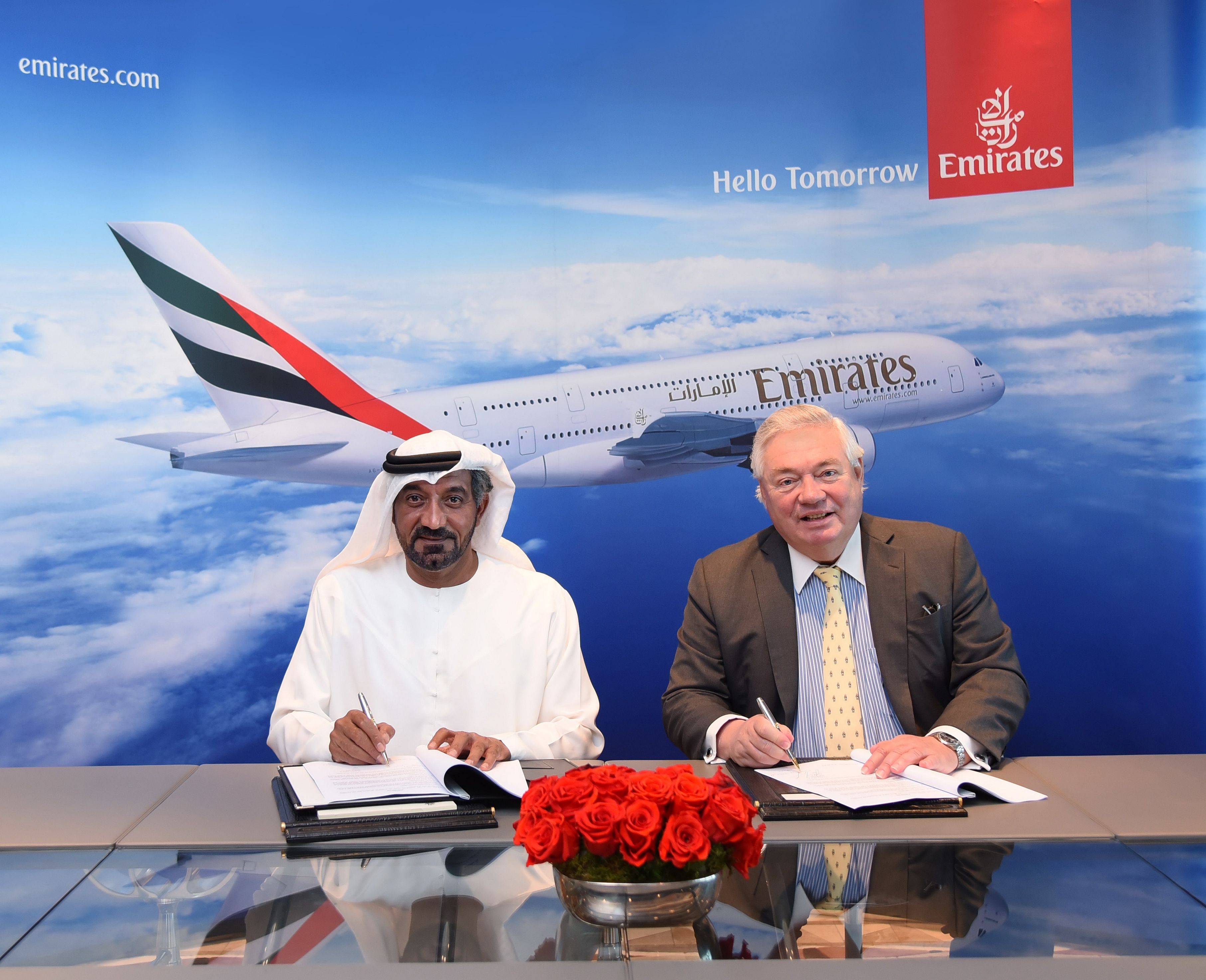An expected order at last year's Dubai Air Show failed to materialise and many thought that could be the end of the line for the aircraft as Emirates turned to rival Boeing and purchased a fleet of smaller widebodies. This was a high profile blow for the A380 with Emirates walking away from discussions with concerns over the Airbus commitment to the aircraft programme. Ironically, while this USD16 billion Emirates deal for 20 aircraft plus 16 options supports a maximum of three and a half years of production and potentially up to six years if options are exercised, it could ultimately lose Airbus more money.
Although there are now more than 220 A380s in operation with 13 different airlines, Airbus is understood to be losing money on any aircraft that rolls down the Toulouse production line. Many believe the aircraft arrived around 20 years too late and should have been competing against the Boeing 747 Jumbo Jet in its prime. But, in a cyclical industry like the airline business, maybe it has in fact come too early and this extension of the production line could perhaps prolong its life just long enough for it to survive until a future sweet spot. After all, with the industry forecast to continue its dramatic growth, airports are only going to get increasingly constrained.
Data from the CAPA - Centre for Aviation Fleet Database shows that Airbus delivered 15 A380s in 2017, a number that is due to slip to just 12 for the year ahead. Airbus has previously stated that it plans to cut production further to eight aircraft in 2019 with commercial aircraft chief Fabrice Bregier, who leaves the company next month, suggesting it could take production as low as six aircraft per year.
Emirates, which operates over 100 A380s and will mark the ten year milestone of flying the type this summer, will have a commitment to up to 178 aircraft if this memorandum of understanding (MoU) is formalised, already holding a current outstanding order backlog of 41 aircraft. John Leahy, chief operating officer customers, says the latest Emirates deal underscores Airbus' commitment to produce the A380 at least for another ten years. "I'm personally convinced more orders will follow Emirates' example and that this great aircraft will be built well into the 2030s," says the legendary salesman, who will also be leaving Airbus this year.
For Emirates these new aircraft will be delivered from 2020 and will replace many of its oldest examples as they leave the fleet after around ten years of operation. No decision has been made on powerplants for the aircraft - initial examples that joined the Emirates fleet were sourced from General Electric, but recent arrivals have been fitted with Rolls-Royce engines. The airline says it is still "evaluating engine options" for the latest order.
"Some of the new A380s we've just ordered will be used as fleet replacements," confirms HH Sheikh Ahmed bin Saeed Al Maktoum, chairman and chief executive, Emirates Airline and Group, but with the first of Singapore Airlines' fleet already entering storage, the big question remains what will happen to these aircraft as they arrive in the second-hand market?
HH Sheikh Ahmed makes "no secret of the fact" the A380 has been a "success" for Emirates. "Our customers love it, and we've been able to deploy it on different missions across our network, giving us flexibility in terms of range and passenger mix," he explains.
https://corporatetravelcommunity.com/analysis-where-are-all-the-airbus-a380-superjumbos-flying/
The Blue Swan Daily analysis at the start of the year highlighted that since the A380 made its commercial debut with Singapore Airlines in Oct-2007, the type had made more than 535,000 flights (as at 01-Jan-2018) offering more than 264 million seats. The aircraft have flown more than 3.82 billion kilometres on scheduled flights, more than 95,000 times round the world. In 2017 there was on average a SuperJumbo departure every four and a half minutes with potentially up to 172,870 passengers being carried onboard the type each day. In the full year there were just under 117,000 A380 departures offering more than 58 million seats.
